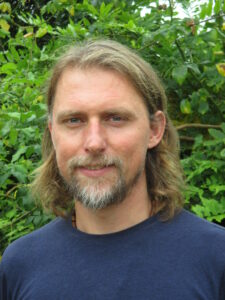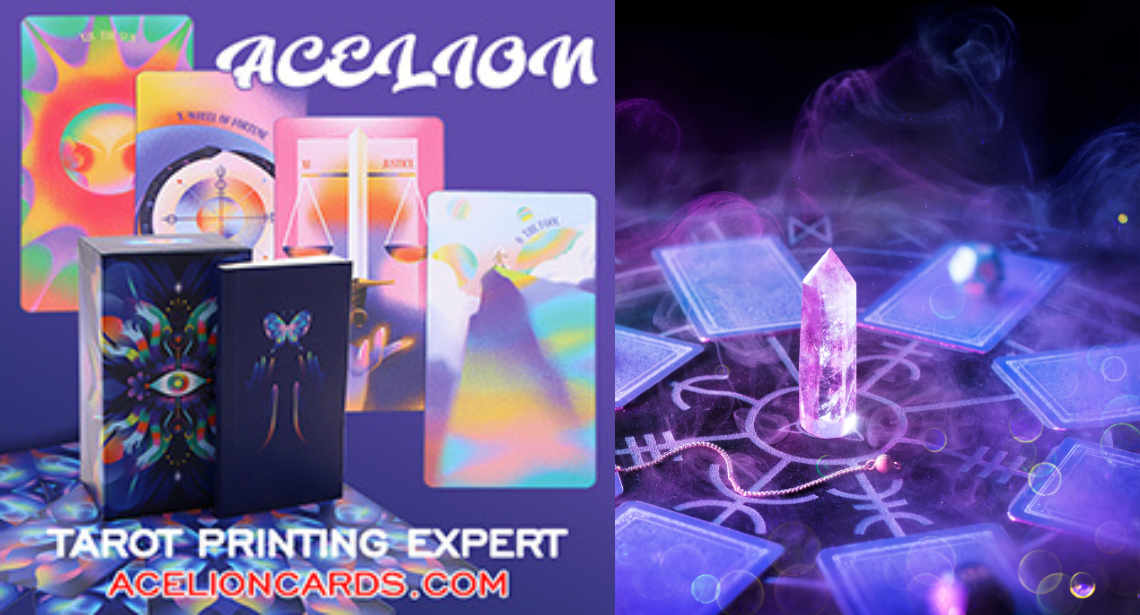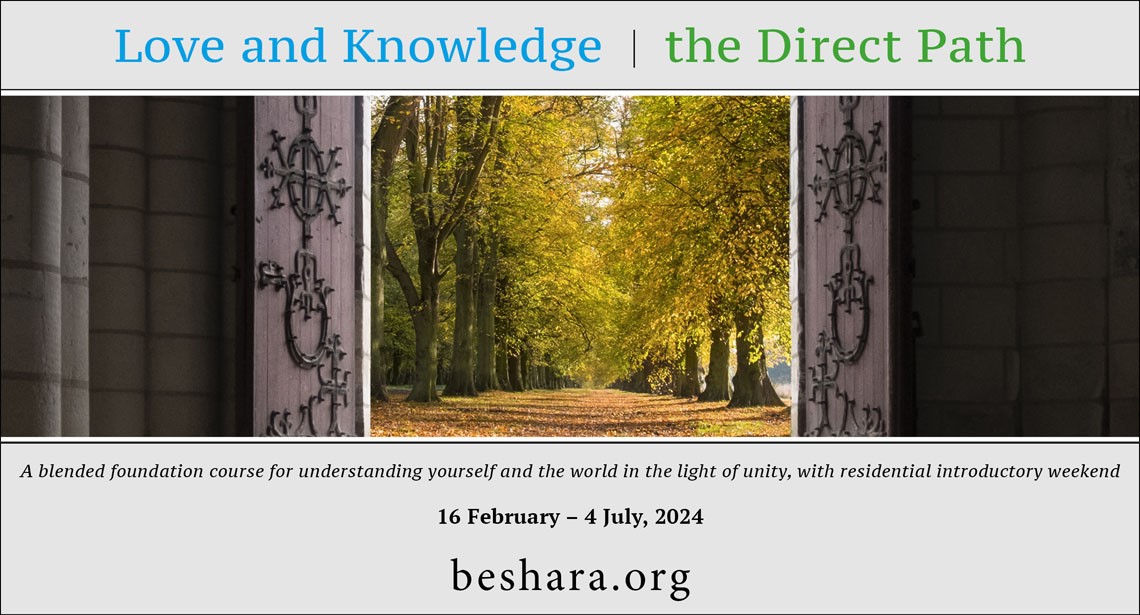How Today’s Popular Diets Align with Global Health and Environmental Targets?
By Steph Gregory
/ 23 April, 2024
By Steph Gregory, head of health coaching at Embla The Atkins diet First, we have the Atkins diet, a popular...
Read More

 About the author:
About the author: 















